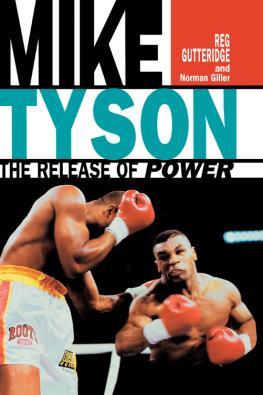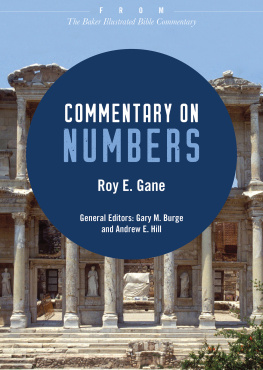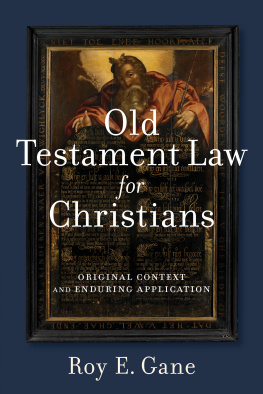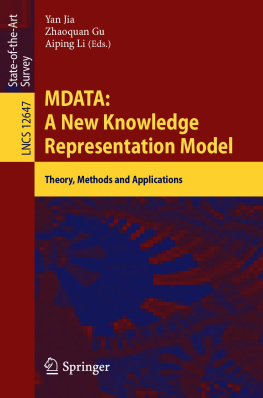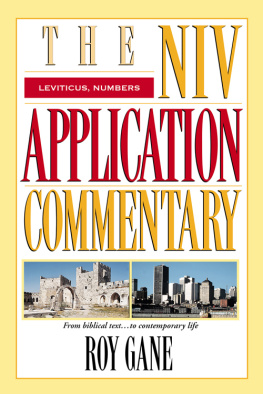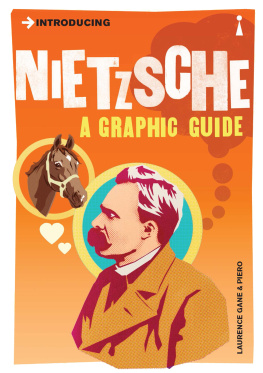Mike Gane - Ideological Representation and Power in Social Relations
Here you can read online Mike Gane - Ideological Representation and Power in Social Relations full text of the book (entire story) in english for free. Download pdf and epub, get meaning, cover and reviews about this ebook. year: 2015, publisher: Routledge, genre: Romance novel. Description of the work, (preface) as well as reviews are available. Best literature library LitArk.com created for fans of good reading and offers a wide selection of genres:
Romance novel
Science fiction
Adventure
Detective
Science
History
Home and family
Prose
Art
Politics
Computer
Non-fiction
Religion
Business
Children
Humor
Choose a favorite category and find really read worthwhile books. Enjoy immersion in the world of imagination, feel the emotions of the characters or learn something new for yourself, make an fascinating discovery.

- Book:Ideological Representation and Power in Social Relations
- Author:
- Publisher:Routledge
- Genre:
- Year:2015
- Rating:4 / 5
- Favourites:Add to favourites
- Your mark:
- 80
- 1
- 2
- 3
- 4
- 5
Ideological Representation and Power in Social Relations: summary, description and annotation
We offer to read an annotation, description, summary or preface (depends on what the author of the book "Ideological Representation and Power in Social Relations" wrote himself). If you haven't found the necessary information about the book — write in the comments, we will try to find it.
Ideological Representation and Power in Social Relations — read online for free the complete book (whole text) full work
Below is the text of the book, divided by pages. System saving the place of the last page read, allows you to conveniently read the book "Ideological Representation and Power in Social Relations" online for free, without having to search again every time where you left off. Put a bookmark, and you can go to the page where you finished reading at any time.
Font size:
Interval:
Bookmark:
SOCIAL THEORY
AND POWER IN SOCIAL RELATIONS
AND POWER IN SOCIAL RELATIONS
MIKE GANE

by Routledge
2 Park Square, Milton Park, Abingdon, Oxon, OX14 4RN
711 Third Avenue, New York, NY 10017
A catalogue record for this book is available from the British Library
eISBN: 978-1-315-76997-4 (Set)
ISBN: 978-1-138-78310-2 (Volume 31)
eISBN: 978-1-315-76359-0 (Volume 31)
The publisher has gone to great lengths to ensure the quality of this reprint but points out that some imperfections in the original copies may be apparent.
The publisher has made every effort to trace copyright holders and would welcome correspondence from those they have been unable to trace.
Representation
and Power in Social
Relations: Literary
and Social Theory

by Routledge
11 New Fetter Lane, London EC4P 4EE
29 West 35th Street, New York, NY 10001
Biddies Ltd, Guildford and Kings Lynn
relations: literary and social theory.
1. Society. Role of ideologies
I. Title
306.42
and social theory / edited by Mike Gane.
p. cm.
Bibliography: p.
Includes index.
1. Literature, ModernHistory and criticismTheory, etc.
2. CriticismFrance. 3. Ideology and literature. I. Gane, Mike.
PN441.I34 1989
801.950944dc 19
ISBN 0-415-02861-2
Mike Gane
Skin deep: Barthes, Lavater and the legible body
Michael Shortland
Textual theory: Derrida
Mike Gane
Borges/Menard/Spinoza
Mike Gane
A rose is a rose is Umberto Eco, the double agent
Pasi Falk
After representation: recent discussions of the relation between language and literature
Ian Hunter
Discourse and power
John Frow
Font size:
Interval:
Bookmark:
Similar books «Ideological Representation and Power in Social Relations»
Look at similar books to Ideological Representation and Power in Social Relations. We have selected literature similar in name and meaning in the hope of providing readers with more options to find new, interesting, not yet read works.
Discussion, reviews of the book Ideological Representation and Power in Social Relations and just readers' own opinions. Leave your comments, write what you think about the work, its meaning or the main characters. Specify what exactly you liked and what you didn't like, and why you think so.

